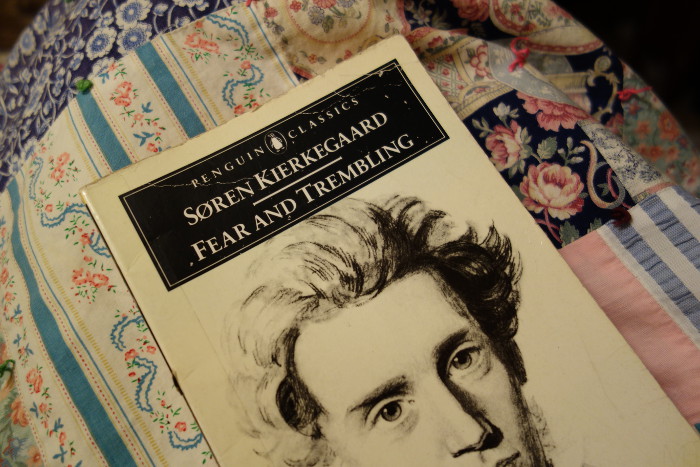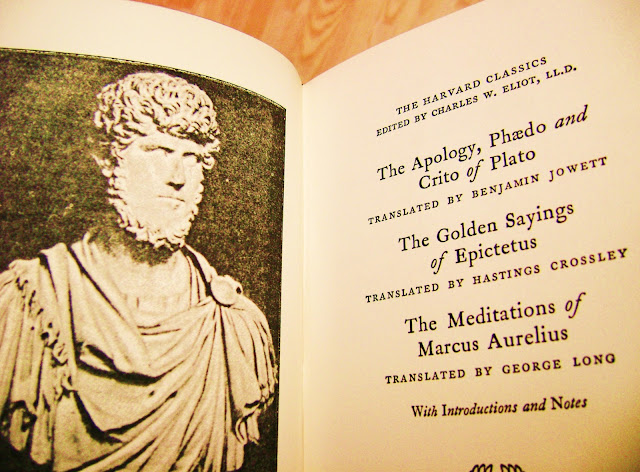The Art of Loving - A Ramble on Chapters 1–2.1

This month, Cleo is hosting a readalong of The Art of Loving (1956) by Erich Fromm and On Friendship by Cicero. It's a sequel to the Four Loves Readalong - which feels recent but was actually back in June(!!). Fromm and C. S. Lewis were contemporaries (and Lewis's book was published just four years later), so it adds interest to see how their perspectives correspond or differ. I'm also looking forward to Cicero, as I haven't read many ancient classics. You can find the full schedule on Cleo's post. I felt the need to break down my check-ins a little more, so this one will cover the first 1 1/3 chapters. Chapter 1, "Is Love an Art?" Fromm opens with his short but pithy thesis - that love is not just a flurry of feelings, but an actual scientific art, like music or medicine, which must be learned and practiced. He posits three interrelated societal problems. First, culture is overly focused on the state of "being loved," particul...







